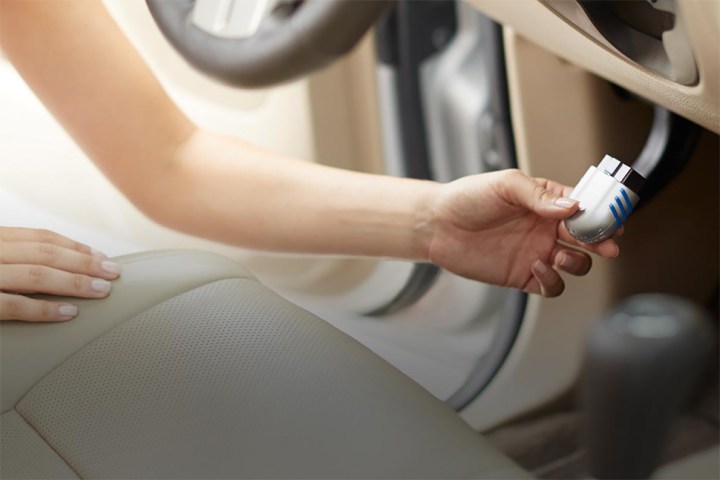
Most insurance companies currently price auto policies based on calculated risk. The formulas vary but typically include data such as your driving record, previous claims, locations, miles traveled, type of vehicle, credit history, and demographics including your gender, age, marital status, and more — the ‘more’ is the proprietary part of insurer’s rate calculations. Insurance companies want to protect themselves and at the same time offer premiums that attract and keep customers. Customers generally are just looking for the best price, although once they have a claim the way the company treats them and handles the claim gain importance.
Wired cites an IHS report about the growth of UBI policies what states that, from 12 million UBI policies worldwide in 2015, the number is projected to grow to 142 million by 2023. As defined by the IHS report, UBI “automobile insurance uses real-time information about a driver’s actual driving ability and habits to assess actuarial risk, capturing information from the in-vehicle telematics system.” So there’s no guessing about where, when, and how you drive. A UBI policy premium is based on your behavior.
Current UBI insurers collect and monitor information about your driving from a dongle that plugs into your vehicle or an app that runs on your smartphone. With the increasing number and variety of vehicle sensors and connectivity, dongles and apps wouldn’t even be necessary as the vehicles themselves can track every fast start, hard stop, as well as cornering G-forces, speeds, and behavior in traffic. When your driving behavior has a direct effect on your premiums, perhaps sometimes in the future you’ll see a current insurance cost on a dashboard display, just as many cars today display current fuel consumption.
Fraud may be less of a concern for consumers but it’s a big problem for insurers. Address fraud is a common problem in which a customer reports storing their vehicle in an area with lower insurance prices than where they actually live and garage the vehicle. UBI companies receiving vehicle GPS readings would soon know if the car, truck, or bike was actually garaged someplace else. Business use fraud could also be detected if, for example, a policyholder used her car as an Uber driver but didn’t get business coverage.
Another factor arguing in favor of UBI policies is the likelihood that customers who know their driving behavior is being recorded will be less likely to drive dangerously or break traffic laws. Safer driving will benefit insurers, consumers, and society in general, especially if law enforcement agencies can access the data and issue tickets or summons based on telematics.
People who don’t want their behavior tracked won’t be fans of user-based insurance. With the growth of UBI, however, it’s not inconceivable that insurers will factor in privacy preference in premium calculations. The balance could end up being a choice between giving up personal information in return for lower insurance premiums based on your actual driving behavior or maintaining your privacy but paying more for insurance based on your demographics, and likely with a kicker because of your unwillingness to be tracked.



